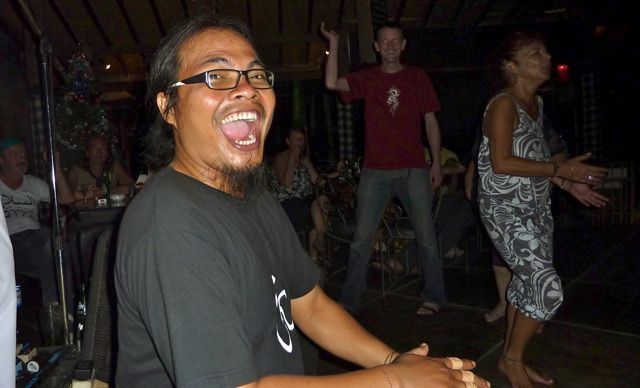Having a hard time learning?
If you are like any of us that have been around the ethnic or world drumming and music scene for many years, then you may have experienced some hard times trying to learn the drumming, percussion or music from another culture.
Please don’t get discouraged if you are trying to learn drumming and are having a hard time. For some of us it never comes easy. And it does take time. When we first hit a drum we thought it was going to be easy! We heard a pleasing sound at once, and we played a rhythm and thought we had it all right then in there. But once you start to study you get to see it is quite involved.

I am not the quickest learner and often can not get much of what is being offered in a class. Also, drumming and percussion from other cultures is very different then the beats we grew up hearing in our culture. It takes time and energy to learn and develop new feels and skills, just like anything else in life. So give your self a break and take your time.
When I took my first traditional drum classes in Boston in 1979 with Gail Phillipo I was not able to perform the most simple parts. Despite her very positive attitude I felt humiliated and frustrated. But partially because of her encouragement and my own stubbornness, I went home and practiced every night in the basement until I got it. I was so happy and proud when I went back to see my teacher. “See, I am not an imbecile”!
Everyone learns at their own pace and we are all different. Please do not think less of yourself because someone learns faster. They are just wired differently!
Drumming is something that comes from another culture so it is learned over time. Take it easy on your self and do not beat yourself up over it, or if you make mistakes like I often do!

As a drum teacher I want everyone in the class to get everything I am teaching, every time. That is my goal. And of course some people just can not get it. For me as a teacher it takes a lot of surrender and letting go, to end a class knowing some people did not “get it” or could not get something in the class. And as a student it takes some surrendering as well. It is a process that develops over time.
So how can we be better students? Don’t be afraid to ask questions at the appropriate time in a class. Nothing is worse then someone who keeps stopping the teacher every few minutes in a group class but after the parts are shown or when the teacher takes a break is a perfect time. For me when I am taking a class it is very hard to learn a new part when it is being shown to me too fast for my learning skills. A new teacher, or maybe an ethnic teacher that has not had a lot of teaching experience but maybe is a fantastic player will often show parts at speed (fast). A few of the “gifted” students may get it, but often not. Ask the teacher to play it slowly. You’ll be amazed at the difference!
Another common problem is learning rhythms from a class, a music CD or a teacher and not knowing where the pulse or “the one” is.


“The one” is the real starting beat, and where the dancers dance start as well in traditional african based dances. . Some teachers do not understand the western concept of the “one”. So rhythms get taught and people are playing them backwards are in the wrong spot. The simple remedy for this is to ask the teacher to play whatever part it is from the call in or break if it is west african drumming or to show you the part from clave if it is afro cuban or from the bell part if it is Afro Haitian for example.
I suggest recording the parts any way you can. This means using a recording device of course or if the teacher allows it a video camera. I have reviewed the ones that work best for me here on my blog page. I have dancer friend who records herself outside of the dance class after the class is over. Then it is still fresh in your mind and it is not recording the class in the class per se. It is also wise to develop a system of notation.
Notation was looked down upon by traditionalists such as my self for many years, because of the fact that in my crowd when we first started learning ethnic drumming, the “note takers” were not really feeling their parts. They were analyzing the parts mathematically. Moreover, when the note takers played, they lacked feel and were playing from their head not their heart. These people were coming at it totally from a mathematical standpoint. The teachers at that time noticed that information was being saved but not played back correctly as well. Gradually over time the note takers integrated with the feelers or people who learned by how the rhythms felt when played. And both sides learned from each other.
So remember,take it easy on yourself, take your time. Practice as much as you can. Develop a system of notation. Ask questions and be patient. it will come to you in time.

